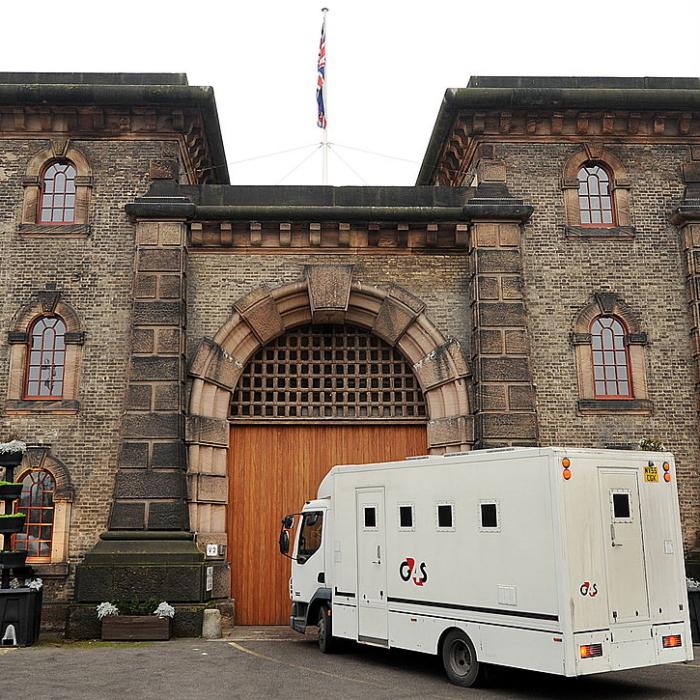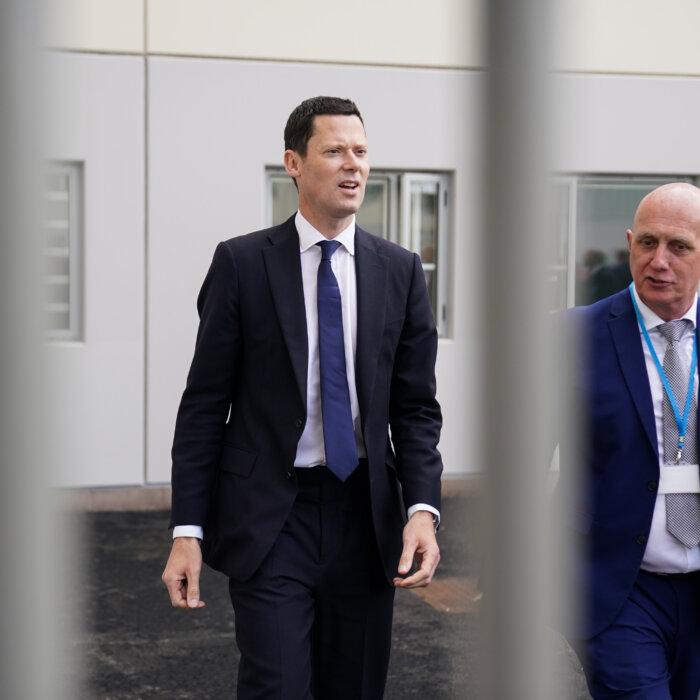High-risk prisoners have been released from an East Sussex prison at short notice “to free up space” in jails, a prisoners watchdog has reported.
A prisoner, who is deemed a risk to children with a history of domestic abuse and stalking, was freed from HMP Lewes, after his release date has been brought forward.
Another prisoner, with significant class A drug misuse issues and a recent history of suicidal thoughts and self-harm, was also released early, despite serious concerns for his and the public’s safety.
He was recalled to custody before Lewes inspection had ended.
The findings have been reported by Chief Inspector of Prisons Charlie Taylor, who said that the government’s End of Custody Supervised Licence Scheme (ECSL) undermines safe release planning.
The inspection of Lewes took place after ECSL was introduced in Oct. 2023.
The scheme initially allowed prisoners to be released up to 18 days before their conditional release date.
In March, the government approved an extension to around 35 days to 60 days. Justice Secretary Alex Chalk said this was part of a plan to reduce the number of foreign national offenders in British prisons.
The government maintains that the ECSL scheme is kept under constant review. It excludes sex offenders, terrorists and category A prisoners, as well as prisoners serving four years or more.
“Public safety will always be our number one priority, and all those released will be subject to probation supervision and stringent licence conditions,” said justice minister Lord Bellamy.
However, according to Mr. Taylor, the current situation around early releases is “simply not sustainable.”
“The need to release offenders early to free up space in our jails is a further sign of the pressure that our prison service is under, with local leaders having to make difficult choices as the day we run out of places draws closer …
“Although some of these issues may, I hope, reduce as the scheme embeds, more fundamentally, an urgent conversation is needed about who we send to prison, for how long, and what we want to happen during their time inside,” said the chief inspector of prisons, upon reviewing the conditions at Lewes.
Labour’s shadow justice secretary Shabana Mahmood has been critical of the extension period, approved by the government.
She called it “the most drastic form of early release for prisoners that the country has ever seen,” which the government “ tried to slip out quietly.”
System Crisis
Inspection of Lewes found that the prison was in a “concerning state,” where levels of violence, self-harm and drugs were high.Lewes prisoners were caught in a “cycle of homelessness and offending as the prison service continues to grapple with the effects of the population crisis,” the watchdog said.
This reflects the overall state of prisons in the country, “grappling with increasingly transient populations, ageing infrastructure and a lack of activity places for the populations that they are being asked to hold,” Mr. Taylor added.
His predecessor, Nick Hardwick, who served as the chief inspector of prisons between 2010 and 2016, warned last month that British prisons are at the brink of riots.
Mr. Hardwick said that overcrowding, staff shortages and surge in violence levels fuel the UK prison crisis.
The government’s prison expansion programme aims to create 20,000 new prison places by the mid-2020s.
Ministers have also been exploring the option of moving prisoners to another country’s prison estate, provided the facilities, regime, and rehabilitation meet British standards.
The proposals are part of the Criminal Justice Bill, currently making its way through Parliament.







